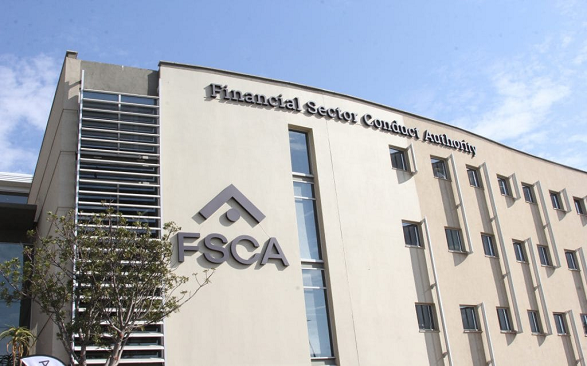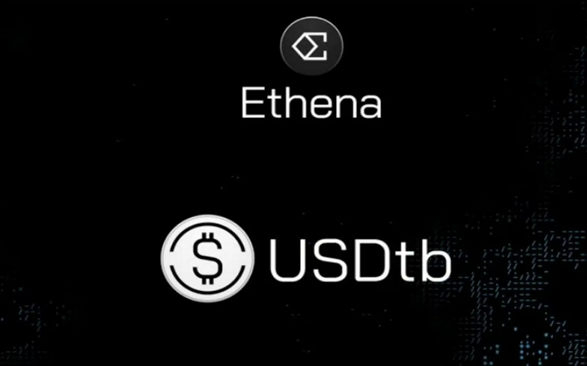Introduction
Visa, the world leader in digital payments, is collaborating with the Bantu Blockchain Foundation (Bantu) to connect its digital asset-linked Visa cards to the Bantu Network Utility Token (XBN), according to the press release published on Cointelegraph. XBN is developed by Bantu to facilitate fast and secure transactions on the Bantu Blockchain Network infrastructure (Bantu Blockchain).
With this Visa-Bantu collaboration, Africa’s gig economy is expected to receive a boost as the current friction and interoperability challenges when making payments within the continent will be significantly reduced.

According to the press release, the collaboration will be supported by a major Pan-African bank and leading Visa Banking Identification Number (BIN) Sponsor. This is expected to open up immense opportunities for increased economic activities across Africa, starting with Zambia, Nigeria, Ghana, Kenya, South Africa, D.R.Congo, Rwanda, and at least 6 other countries. Transactions for all digital assets issued on the Bantu Blockchain using Bantu’s XBN tokens settle in 2-4 seconds for significantly low network fees.
Visa will be issuing virtual cards in conjunction with a BIN Sponsor Bank and an enabler to the BantuPay wallet (ecosystem wallet of the Bantu Blockchain), to help ease the digital asset-to-fiat on/off ramping process. This means that every verified BantuPay user will have access to visa cards powered by Bantu (XBN) tokens.
In addition to the virtual cards integration with the BantuPay wallet, Bantu aims to airdrop $1 billion worth of its XBN utility token over the next 5 years to support financial education, startups, and career development opportunities leveraging Web3, decentralised applications (dApps) and other blockchain-based innovations across colleges and universities in Africa and at Historically Black Colleges and Universities (HBCUs) in Latin America and the US.
Commenting on this collaboration for social impact, COO of Bantu, Victor Akoma-Philips said, “At Bantu, we believe that the right technology tools and collaborations applied to the right problem will create large-scale positive social impact. This collaboration with Visa will help to create a new Web3 social impact framework”.
Head of Social Impact in CEMEA for Visa, Carl Manlan also said “Visa believes that greater financial knowledge can empower people to better manage their money and improve their quality of life. We are delighted to partner with Bantu to help young people learn the fundamentals of personal finance, including budgeting, saving and responsible spending”
Bantu is also joining Visa’s Fast Track Programme which makes it quicker and easier for Visa’s fintech partners to build and deliver new commerce experiences on Visa’s payments network. Bantu will be the first Africa-led Blockchain Infrastructure to enter this strategic partnership.
Visa has also entered an agreement with Bantu to embark on a Practical Money Skills programme to educate at least a hundred thousand young people per quarter on key money skills.
The Bantu Blockchain was built as a result of the need to have a Web3 infrastructure that caters for the peculiar needs of Africa and other emerging economies. At the heart of the ecosystem is the BantuPay wallet that is used to store and exchange digital assets created on the Bantu Blockchain.
The Bantu Blockchain Foundation has earmarked the year 2022 for expansion across the globe and is working hard to grow its ecosystem of builders (developers) and consumers via programmes such as educational events, community hangouts and developer hackathons.
Bantu is also committed to working with financial institutions, and regulators for greater mainstream adoption.
Meanwhile, XBN price today on Coinmarketcap is $0.03494, up by 12.19% in the 24 hours, with a trading volume of $8,163.40, up by over 68%. With a max supply of 369,000,000,000, XBN’s is over 73% down from an all-time high of $0.13 on 11 January 2022.
Discover more from Crypto Asset Buyer
Subscribe to get the latest posts sent to your email.




